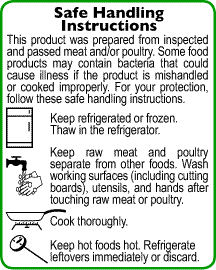|
The pancreas produces insulin, the hormone that moves glucose out of the blood and into the tissues where it is either stored or used. The more glucose that enters the bloodstream, the more insulin the body releases. Not only is insulin responsible for distributing glucose, it also balances your blood sugar and keeps it in a normal range. Some low-carb diets focus on the belief that high levels of insulin promote the storage of fat; therefore, controlling your carbohydrate intake prevents your body from producing excess insulin, which, in turn, reduces the amount of excess fat that is stored. Some medical professionals and dieticians believe that complex, or refined, carbohydrates, which are absorbed rapidly into the blood stream, induce the release of excess insulin. This excess release of insulin causes a rapid drop in the blood glucose level, which is believed to stimulate hunger and cause a rapid decrease ("crash") of energy. You are then likely to crave even more carbohydrates. High insulin levels are also believed to play a part in certain diseases, such as diabetes, high cholesterol, blocked coronary arteries, high blood pressure, strokes, and obesity. Controlling spikes in insulin may help to alleviate some of these health risks. |
| Note: Insulin is a storage hormone. It transports sugar from the blood into the body's muscle tissue for energy. Excess amounts are stored in fat cells. |














